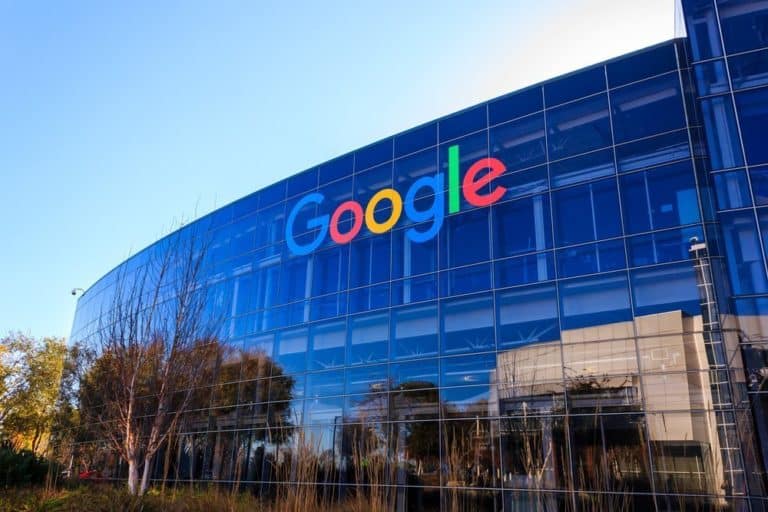Italy’s competition watchdog wants to take Google to task over how the company collects user permissions for ad profiling. It said this might be done unfairly. This is the first time a national body has invoked the EU’s Digital Markets Act (DMA).
Italian regulator AGCM intends to investigate how Google asks users in the EU for permission to measure their activities across various services, including YouTube, the Chrome browser, Maps, and, of course, Google’s search engine. This is done to personalize advertising, Google’s main source of revenue.
Misleading and incomplete
The regulator suspects that Google is not sufficiently transparent about the implications of linking user data to the various services. The choice of whether or not to do so would be aggressively presented to users and would also be misleading and incomplete. This could unlawfully influence users’ choices.
Under DMA rules, users must give explicit consent before their data can be used for advertising purposes. It is remarkable that a national player is now going to investigate based on this law because it is usually the European Commission that enforces compliance by ‘gatekeepers’ like Alphabet, Google’s parent company.
Gatekeepers scrutinised
The rules of the Digital Markets Act apply only to organizations that have been designated gatekeepers by the EC. Such companies must operate in at least three member states with an annual turnover of 7.5 billion euros or a market share of €75 billion euros. Also, a gatekeeper must have 45 million monthly users or 10,000 business European users annually. Finally, a gatekeeper must meet both conditions for three years. In addition to Alphabet, companies that qualify are Amazon, Apple, ByteDance (TikTok), Meta (Facebook, Whatsapp, Instagram) and Microsoft.
Incidentally, a DMA investigation into Google is already underway, but by the EC itself. That case is about giving undue preference to its own services when showing search results and its own Play Store.
Also read: Google parent, Amazon, Apple, Meta and Microsoft pointed out as ‘gatekeepers’
